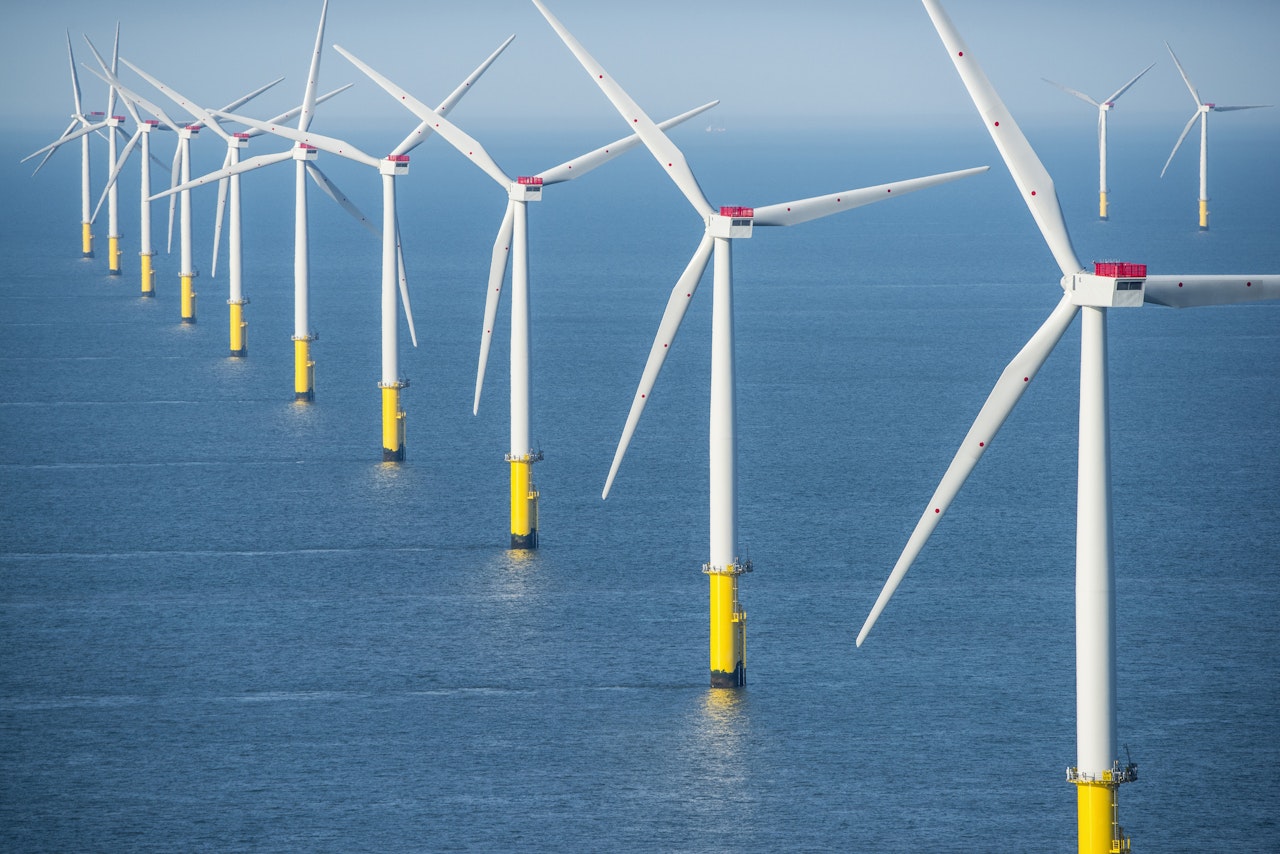
Claire Szostek

Profile
Claire Szostek has over a decade of experience in marine conservation research and policy, her career has focused on connecting marine ecology studies to practical marine management solutions. With an academic background in marine environmental protection, she is currently working at Plymouth Marine Lab where she has led the creation of evidence-based work to support a better understanding of how offshore wind farms impact ecosystem services. She has also worked on a number of post-doctoral marine research projects at Bangor University.
What inspired you to pursue a career in ocean science?
My love of the ocean drew me towards marine science as a career (I’ve been scuba diving since I was 18 years old) and the MSc and PhD helped me to develop specific research interests. These include investigating human impacts on the marine environment such as commercial fishing and offshore energy developments, and working closely with policy makers and industry to ensure the science we produce is relevant and will have the intended impact. But all aspects of marine science interest me and I’m fortunate to work in a diverse organisation with colleagues that have expertise across many disciplines so I can keep up to date with all the latest exciting developments.
What are some of the most exciting innovations or breakthroughs happening in your area of work right now?
Across our organisation we are looking at ways to include Artificial Intelligence and machine learning into the science we are doing. These new approaches have the potential to rapidly increase the volume and scope of data we collect. It is an exciting era for science, but the challenge is to ensure that quality is not lost over quantity.
Within your professional career, what work are you most proud of?
I’m proud that I have worked with some of the top fisheries scientists in the UK alongside key government departments to drive forward insightful and high-quality research for topics that have an element of sensitivity as there are often so many different stakeholders involved. I’ve been asked to speak at industry meetings and events and have built excellent working relationships with both industry and policy makers. Bridging that gap between sectors is key to breaking down communication barriers and maximising positive outcomes for all those involved.
How has your journey in this field shaped your perspective on gender equality in STEM?
I think opportunities are open to all but as a female you will experiences more challenges along the way, such as gender inequality (which sadly still exists in some organisations), taking time off for family responsibilities or having to deal with situations where there is little diversity (there tend to be fewer females in senior positions). Fortunately, that doesn’t have to always be negative. I have participated in many meetings where I might be one of only two women in a room full of men and carried out research on vessels where I was the only female on board, and I found the experiences worthwhile, rewarding and enjoyable.
If you could have any marine creature as a sidekick, what would it be and why?
An African penguin as they are so charismatic and would make a great companion as they form long term bonds with their partners.






